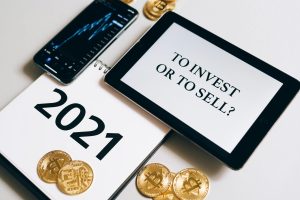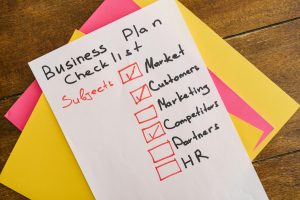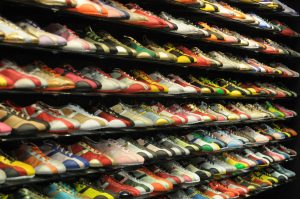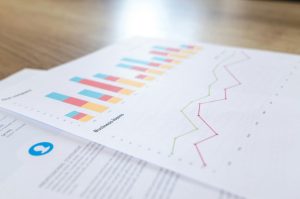Airport Retail Therapy Psychology Explains Impulse Purchasing
Airports are bustling hubs of activity, with people constantly coming and going. Amidst the chaos, many passengers find themselves having to wait for their flights, sometimes for hours at a time. This can be a tedious and frustrating experience, but airport authorities and retailers have found a way to turn this waiting period into a more enjoyable and even therapeutic one. Enter airport retail therapy, a concept that uses retail spaces and products to help passengers relax and unwind. But did you know that this concept also plays a significant role in explaining impulse purchasing behavior? Let’s explore the psychology behind airport retail therapy and how it explains impulse purchasing.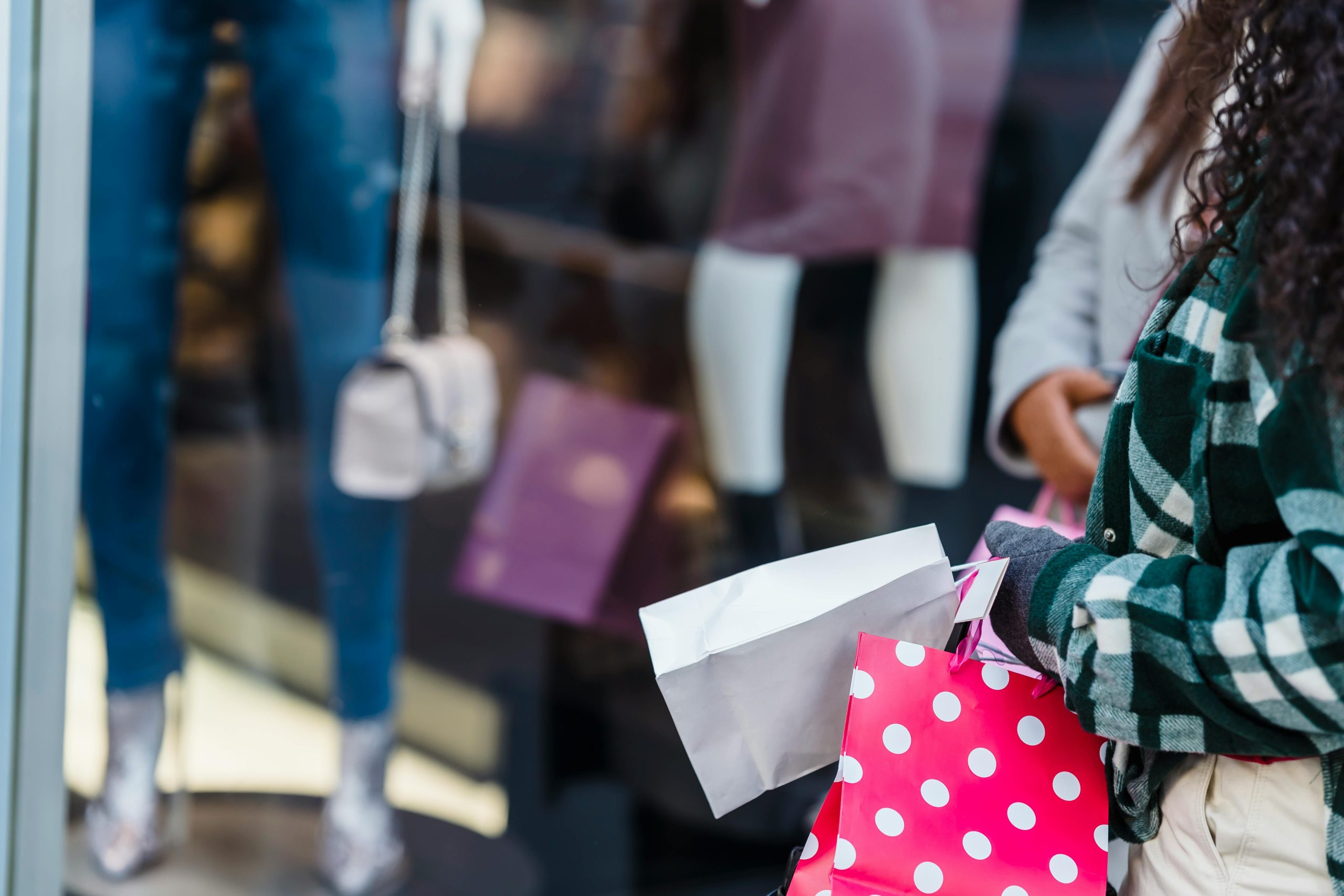
The Concept of Retail Therapy
Retail therapy, also known as shopping therapy, is the act of shopping to improve one’s mood or emotional state. It’s often associated with the idea of “shopping as a form of self-treatment”. This concept gained popularity in the late 1980s, with the rise of shopping malls and consumerism in the Western world.
The idea behind retail therapy is to provide a temporary distraction from negative emotions or stress by indulging in the purchasing of material goods. It’s a coping mechanism that can provide a sense of control and gratification to people who may be feeling overwhelmed or anxious. This feeling of control is especially appealing in times of uncertainty, such as waiting for a flight.
Airport Retail Therapy: The Perfect Solution
Airport retail therapy takes the concept of retail therapy to a whole new level. With millions of passengers passing through airports every day, it’s no wonder that retailers have tapped into this captive audience to offer a variety of products and services.
Airport retail therapy has become an integral part of the overall airport experience, with many airports now resembling large shopping malls. From luxury brands to duty-free shops, passengers can find almost anything they may need or want during their travels. And with the added bonus of tax-free prices, it’s no surprise that many people are tempted to indulge in some retail therapy while waiting for their flight.
The Psychology Behind Impulse Purchasing
Now, let’s dive into the psychology behind impulse purchasing in the context of airport retail therapy. Impulse purchasing is defined as buying something without planning or considering it beforehand. It’s often associated with the feeling of “I need to have it now”. And airports, with their limited time and abundance of attractive products, are the perfect setting for impulse purchasing to occur.
One of the main factors that drive impulse purchasing is emotions. As mentioned earlier, retail therapy is often used as a way to cope with negative emotions. In the airport environment, where passengers may be feeling stressed or anxious about their trip, the allure of purchasing something to make them feel better is even stronger.
FOMO, or the fear of missing out, is also another significant factor in impulse purchasing. A sense of urgency is created in airports, as passengers know they have to board their flight soon. Coupled with limited time and attractive product displays, the fear of missing out on a good deal or the chance to purchase something unique can be overwhelming.
The Role of Convenience and Availability
In addition to emotions and fear of missing out, convenience and availability also play a significant role in impulse purchasing behavior. In airports, passengers have limited options and time to shop, which makes it easier for them to justify impulse purchases. The availability of products and services tailored to travelers’ needs, such as travel-sized items, also makes it easier for people to make unplanned purchases.
Airport retailers also use tactics to make their products more convenient and readily available, such as strategically placing products near check out counters or in high-traffic areas. The placement of products can stimulate impulse purchasing behavior and make it harder for passengers to resist the temptation of buying something.
In Conclusion
Airport retail therapy offers passengers a unique and convenient way to indulge in retail therapy while waiting for their flights. And with the various psychological factors at play, it’s no surprise that impulse purchasing is a common occurrence in airports. So the next time you find yourself in an airport, take a moment to reflect on your purchase decisions and the psychology behind them. Who knows, you might end up with a more mindful and enjoyable shopping experience.


